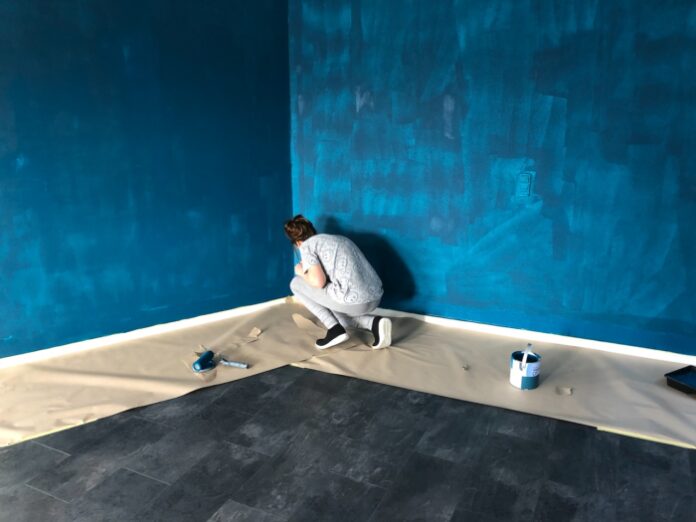Embarking on a DIY renovation project can be both exciting and daunting. To ensure its success without compromising your sanity, it’s essential to plan meticulously and follow some proven tips.
Luckily, the advice you need can be found right here, so stick with us as we explore crucial recommendations to help you navigate the process smoothly while achieving the results you desire.
Plan and Organize Your Workspace Efficiently
Before starting any renovation project, you should always plan and organize your workspace carefully. This involves decluttering the area where you’ll be working, setting up proper storage spaces for tools and materials, as well as creating zones for specific tasks or processes.
By optimizing your work environment in a smart way, not only will it help improve productivity but also make DIY tasks more enjoyable throughout the entire renovation process.
Allocate a Realistic Budget and Timeline for Your Project
One of the key elements to a successful DIY renovation is setting up a realistic budget and timeline. This means considering factors such as material costs, equipment rentals, and potential delays or challenges that might come your way. In doing so, you’ll be able to avoid financial stress during the project while also managing expectations about its completion date.
Remember, don’t cut corners just to save money, as it can compromise your safety or result in extra expenses down the road if repairs become necessary.
Hire a Roll-Off Dumpster for Scrap Metal
Throughout the renovation process, you’re bound to accumulate large amounts of scrap metal, old fixtures, and other debris.
To avoid cluttering your workspace and ensure timely disposal of these waste materials, hiring a roll-off dumpster can be extremely beneficial. This also helps maintain your project’s organization while safeguarding the environment through proper recycling practices.
It is essential to familiarize yourself with the proper usage of roll-off dumpsters to maximize their efficiency and remain within any local regulations or guidelines.
Master the Art of DIY Resourcefulness and Upcycling Techniques
A successful self-managed renovation project requires resourcefulness as well as creativity. To optimize your efforts, consider the following upcycling techniques:
- Repurpose old furniture or materials for new uses;
- Salvage quality items from workshops, garage sales, or online classifieds;
- Use lower-cost alternatives that still meet required standards;
- Transform leftover construction materials into functional or decorative elements;
- Learn to repair or restore existing features, instead of replacing them; and
- Experiment with DIY tutorials and online resources for inspiration on innovative design ideas.
Incorporating these approaches not only helps save money but also adds unique character to your renovated space by giving it a personal touch.
Communicate Effectively with Neighbors and Family Members
Effective communication is crucial when undertaking a DIY renovation project, as it can help prevent misunderstandings or disputes with those around you. Keep the following tips in mind:
- Inform neighbors about your plans: Let them know the expected start date, duration, and nature of your renovation project to minimize any inconvenience they may experience.
- Discuss boundaries and shared areas: Establish agreements regarding access or usage of common spaces that might be affected during renovations.
- Set family expectations: Make sure everyone knows their roles, responsibilities, and schedules during the renovation process to maintain a harmonious living situation while work is ongoing.
Being open and transparent about your intentions throughout the entire process lets you foster goodwill among both neighbors and loved ones. This cooperative mindset can lead to a more positive end product for everyone involved.
Maintain a Safe Work Environment at All Times
Safety should always be a top priority when embarking on a DIY renovation project. This requires taking necessary precautions, such as wearing proper protective gear, using tools and equipment correctly, and keeping your workspace clean to avoid accidents or injuries.
Moreover, stay informed about local building codes and safety requirements to ensure the renovated area meets all established standards for quality and security.
By being proactive about safeguarding yourself and others during renovations, you will more likely achieve a successful outcome while minimizing risks.
The Last Word
Now that you’re armed with these valuable tips, it’s time to get started on your renovation project and create the space of your dreams. Remember to stay organized, prioritize safety, and embrace creativity for a well-executed remodel. Good luck and happy renovating!
Find a Home-Based Business to Start-Up >>> Hundreds of Business Listings.
















































